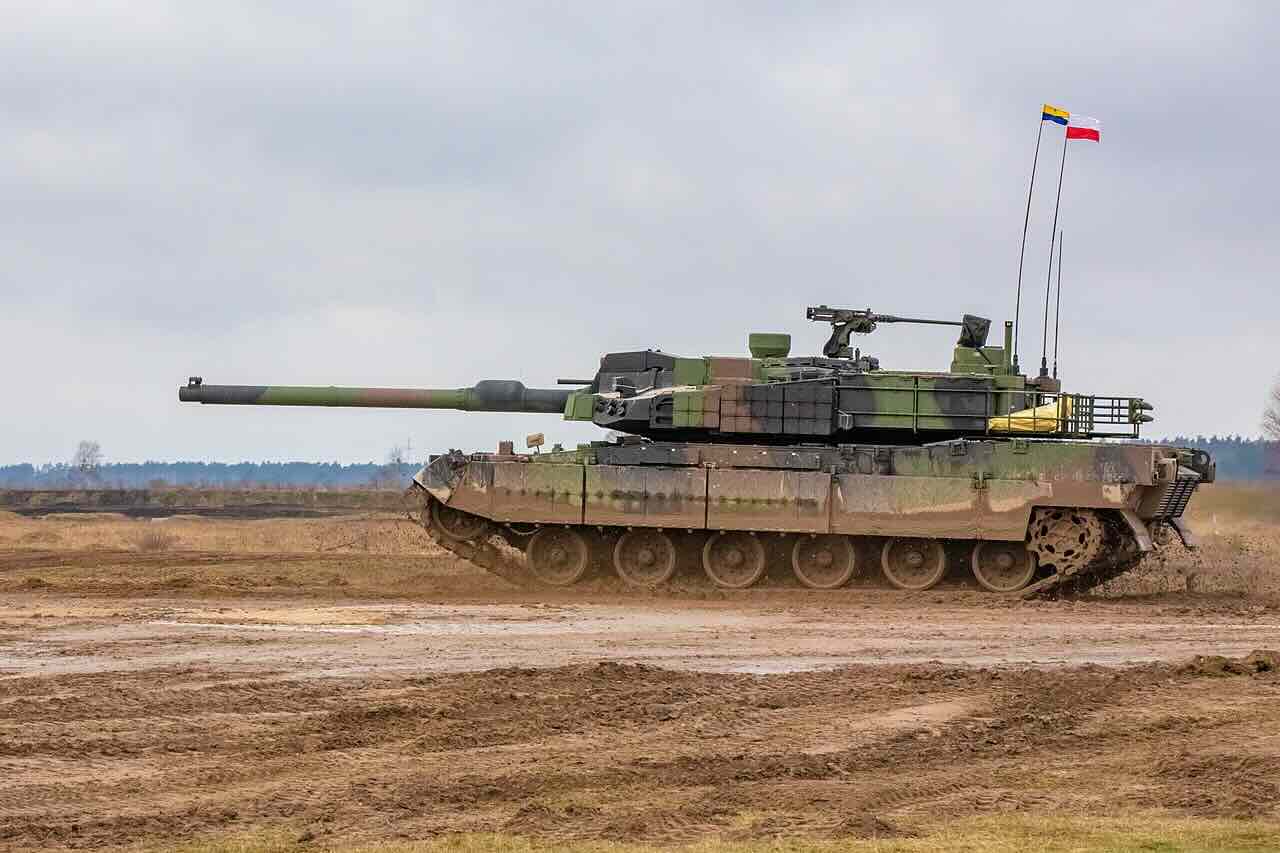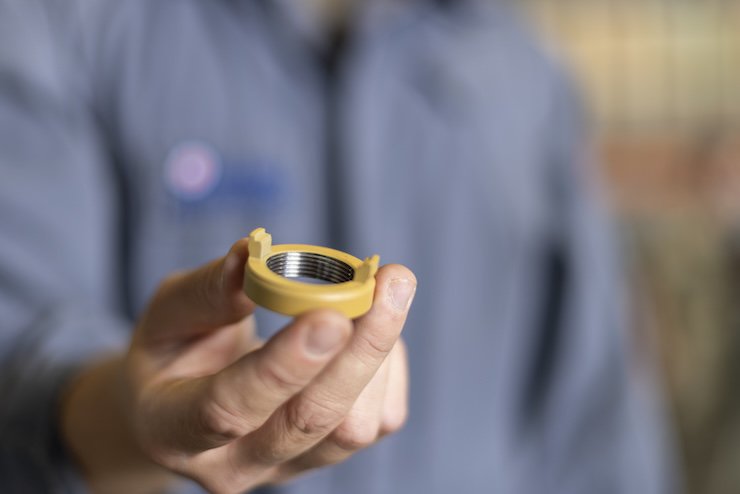Expeditionary manufacturing takes a significant step forward as Firestorm Labs, Inc. secures exclusive distribution rights from HP Inc. for its mobile Multi Jet Fusion (MJF) 3D printing technologies. This strategic partnership positions Firestorm as the only provider of HP’s high-performance 3D printers designed for mobile and field-deployable environments, creating new possibilities for on-demand production in remote locations.
The collaboration represents a fundamental shift in how commercial, humanitarian, and medical sectors can respond to urgent needs in challenging environments. By combining HP’s established 3D printing expertise with Firestorm’s mobile manufacturing platform, organisations can now produce critical components precisely where and when they’re needed, without relying on traditional supply chains that may be disrupted or unavailable.
The xCell Expeditionary Manufacturing System

At the heart of this partnership is Firestorm’s xCell system, an expeditionary manufacturing platform housed within two expandable 20-foot containers that can be transported and deployed worldwide. The system is designed with versatility in mind, capable of operating on various power sources including standard generators, battery backup systems, or conventional power networks. This flexibility makes the xCell particularly valuable in remote settings such as forward operating bases, disaster zones, or areas with limited infrastructure.
The integration of HP’s Multi Jet Fusion technology into the xCell system significantly enhances its capabilities. MJF is a powder-based 3D printing technology that creates highly durable parts with consistent mechanical properties. Unlike traditional manufacturing that requires extensive tooling and setup time, MJF can produce complex components on demand. This technology enables the xCell to manufacture mission-critical parts and unmanned aerial systems (UAS) in real-time at the point of need, dramatically reducing response times in critical situations.
Creating Resilient Global Production Networks
Firestorm’s approach aims to establish a distributed and resilient global production network that fundamentally changes how manufacturing responds to logistical challenges. By deploying xCell units strategically around the world, customers can access regional and localised supply chains that adapt quickly to shortages, reduce delivery times, and allow for rapid modifications to products that would otherwise have lengthy lead times.
The concept addresses a persistent problem in global logistics: the vulnerability of centralised manufacturing and extended supply chains. When political instability, natural disasters, or other disruptions affect traditional supply routes, expeditionary manufacturing provides an alternative production method. The system’s ability to operate in contested logistics environments—areas where traditional supply routes are compromised or unavailable—makes it particularly valuable for defence, disaster response, and humanitarian operations.
The partnership between HP and Firestorm extends beyond technology to include significant workforce development opportunities. As the demand for mobile manufacturing solutions grows, the collaboration will create new high-tech jobs across multiple fields, including system operations, maintenance, field deployment, and drone manufacturing.
These positions will require skilled technicians, engineers, and logistics experts who understand both 3D printing technology and field operations. The growing ecosystem surrounding expeditionary manufacturing represents an emerging sector within the broader additive manufacturing industry, creating employment pathways in both urban and remote locations where these systems are deployed.
About Manufactur3D Magazine: Manufactur3D is an online magazine on 3D Printing. Visit our Global News page for more updates on Global 3D Printing News. To stay up-to-date about the latest happenings in the 3D printing world, like us on Facebook or follow us on LinkedIn and Twitter. Follow us on Google News.












